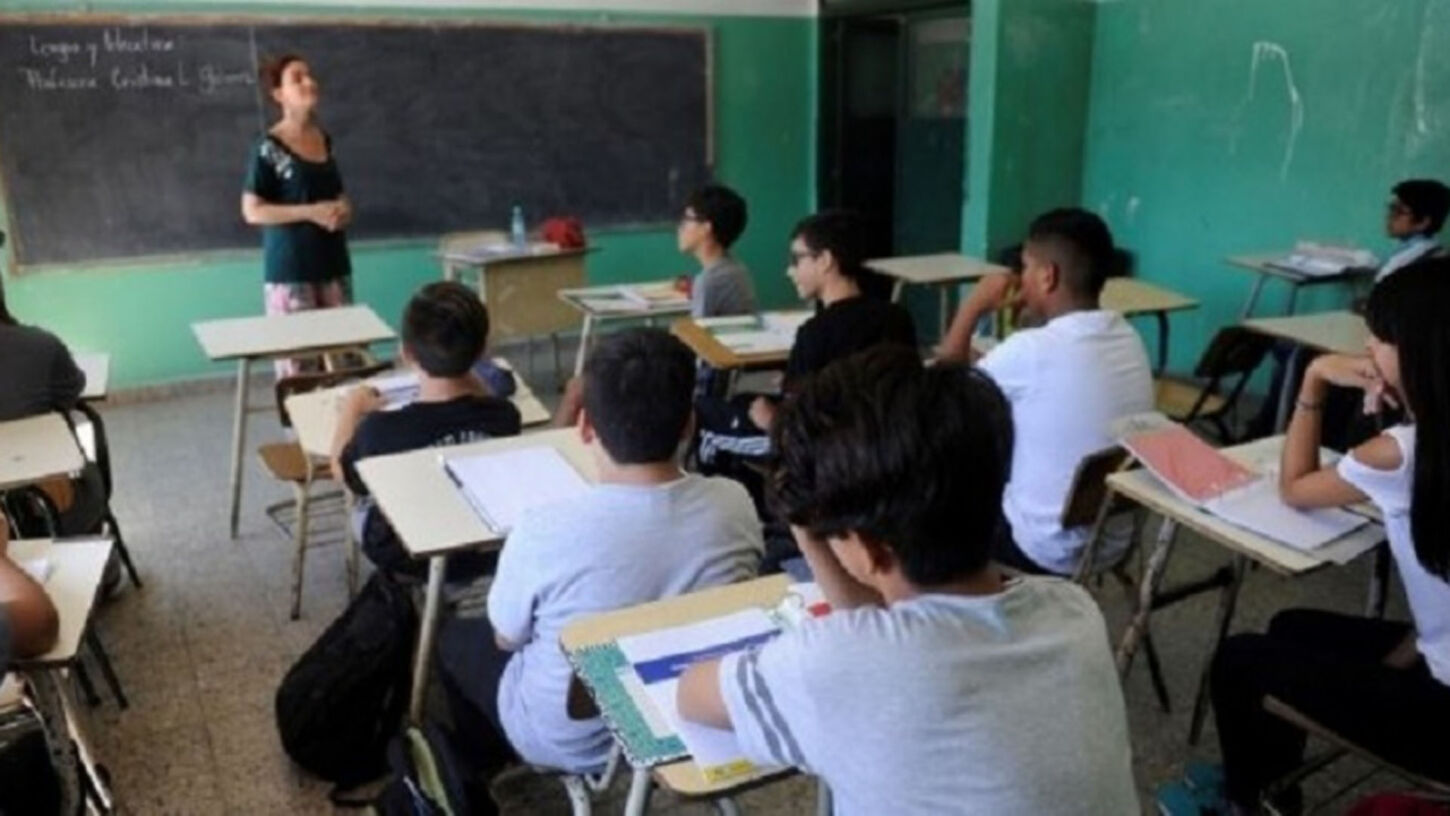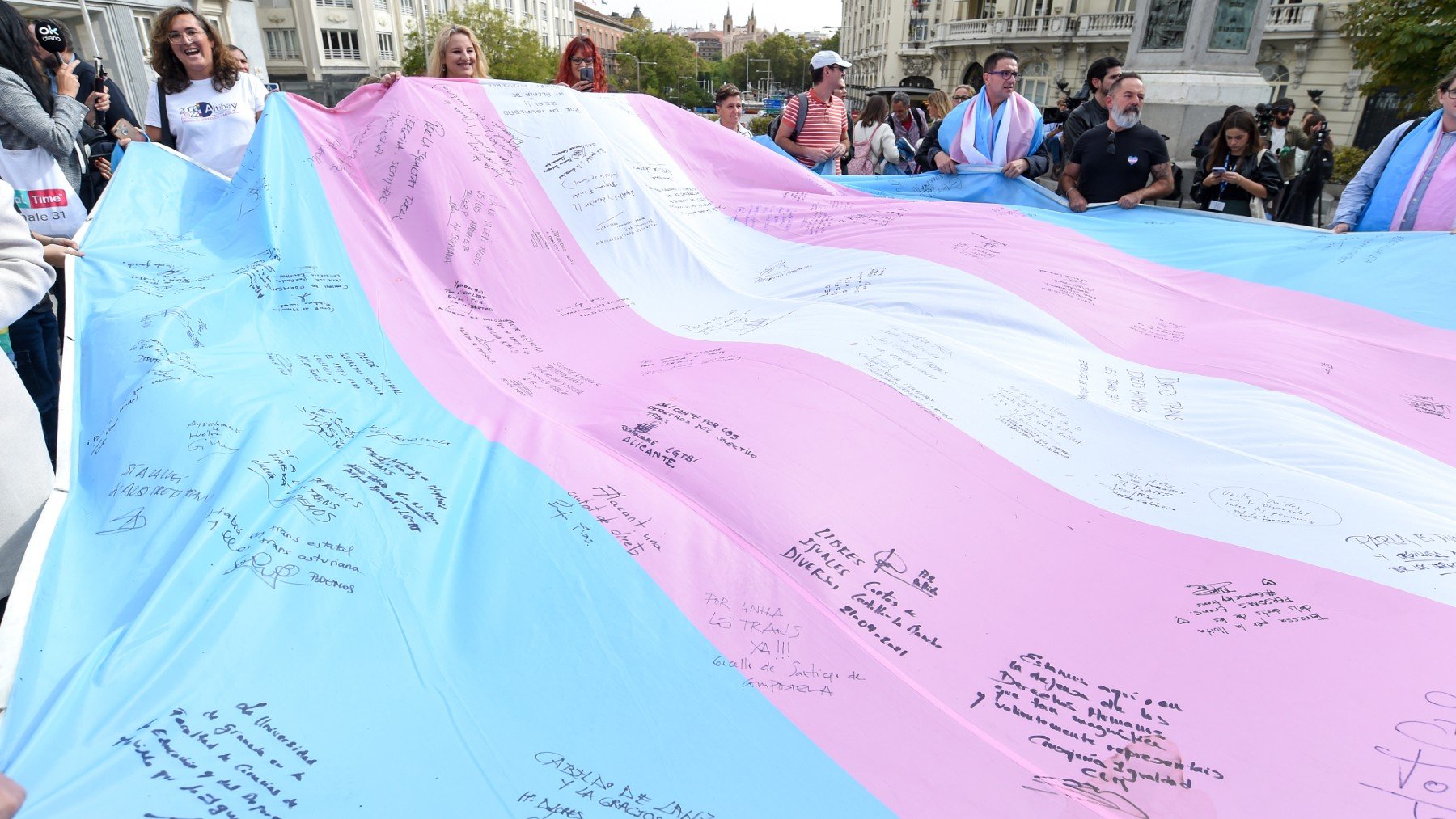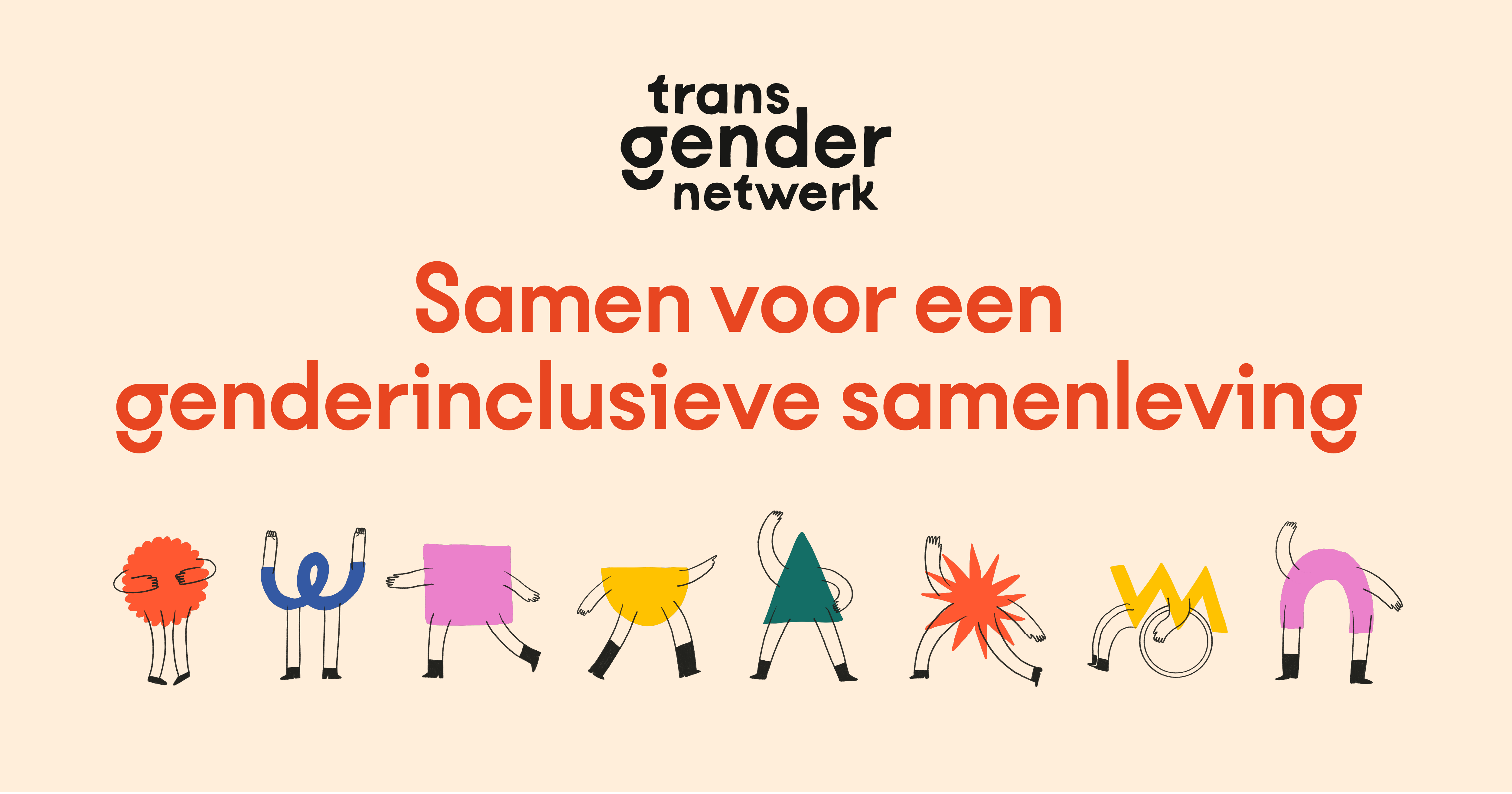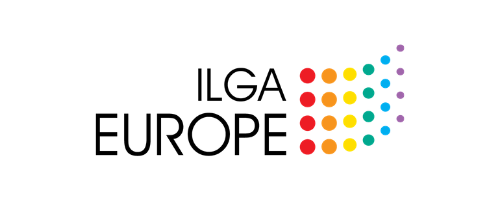How do you rate this video?
| Easy to understand? | |
| Credibility? | |
| Importance? | |
| Urgence? | |
| Inspiring(article)/achievable(proposal)? | |
| Like/Agree? | |
|
Average
|
|

|
|
“today I talk about the so-called rainbow propaganda at schools…
…promotion is made for the website iedereenisanders.nl, a project by various organizations, which, among other things, are committed to a diverse and inclusive society in collaboration with the dutch Ministry
of Health, Welfare and Sport.
It addresses, for example, the question of whether you might be transgender, bisexual, intersex, pansexual, asexual, nominal or something else.”
The first question on this website is striking.
“How do you know if you are transgender?”
as if that is the new norm.
More than just not to discriminate
The LGBTI community is a minority within the total population and history shows that minorities are easily discriminated against. Of course, reducing discrimination against this LGBTI community, as against all minorities, is a fine goal within a society that indeed wants to live together in a harmonious way and where everyone can be as he or she wants to be.
It can be said that the degree of discrimination is inversely proportional to the degree of inclusiveness, so complete absence of discrimination in fact equals complete inclusiveness.
But if that were the aim of the Dutch government, it would suffice to conduct a survey of the level of non-discrimination, or tolerance, among the population and, if necessary, take action to increase that tolerance. In that case, the simple question would be: “How tolerant are you toward the LGBTI community?” or “Do you think everyone can live his/her (sexual) life as they see fit?“. In other words, asking for opinions ABOUT the LGBTI community.
What this government-backed website really does, however, is to push young people to think whether they might be LGBTI themselves. In fact, the website makes it seem as if everyone should undertake “discovery” of their own identity (intended only sexual). That’s a completely different perspective. And then they don’t even ask the simplest and most obvious question whether the young person interviewed might sometimes have homosexual feelings (the vast majority of the entire LGBTI community anyway, so mainly just LGB). But no, the immediate question is why don’t you actually just question your own natural gender that you were born with. And this is what they unsolicitedly (and usually unwantedly) bother young children with: whether they might be “trans”, “intersex”, “pan” or “non-binary”. It starts to sound like a supermarket! One step further and they can order it from Amazon.
Evoking doubt where it does not (yet) exist….
Obviously, the mere fact of asking the question raises that very doubt. This is an extremely simple and old psychological trick which has been exploited ad nauseam for centuries by advertising, marketing and all other kinds of propaganda. Just by asking the question you ensure that something that someone normally doesn’t even think about suddenly becomes an issue. This tactic is so obvious that everyone can naturally sense it (apart from a few unwilling exceptions, of course). And it is clear that this sneaky psychological trick is stronger in children and young people, precisely because they are still in the middle of the process of developing their own personal image of themselves, life and society.
Knowingly, why?
So why does the Dutch government, knowingly (and purposefully?), support the raising of this completely unnecessary doubt, especially among children and young people, in such a targeted and forced way? In any case, it is an issue that will resolve itself over time through a natural and personal process. And even in the case of the extremely small minority that does have personal doubts about their own gender… the vast rest (99%?) doesn’t need to be involved, right?
It almost seems as if there is some kind of obsession to force this mindset into the future society as quickly as possible, starting in primary schools. Many people therefore have the impression that it is not at all about the real concern for an undisturbed, discrimination-free, personal development and ultimate sexual choice of young people, but about an instrumentalization of the entire LGBTI community with an unspoken political goal.
Part of Agenda 2030
Gender equality and inclusion (in other words: non-discrimination of, among others, the LGBTI community) are included in the so-called SDGs of the infamous 2030 Agenda, which strives for a single, centrally controlled global society. What is happening in the Netherlands is also happening in many other, especially Western, countries. But why they choose to completely jump to the other extreme with regard to sexual choice and gender identification and, in some sense of “postive discrimination”, impose it on just about everyone, and therefore no longer being a free, independent, personal choice, is not made clear.
Some statistics from LHBT monitor (NL)
Explanation of the table.
“Excluding the answers “neither,” “don’t know,” and “don’t want to answer”, 94.2% of the Dutch population is heterosexual and 5.8% LGBT in the most recent SLI measurement (2014).”
This table only measures lesbian, gay and bisexual. Trans and other gender doubts are not even included, could it be because it is “statistically irrelevant”?
Views 2014 (NL)
 Explanation of graph:
Explanation of graph:
The statement read, “gay men and lesbians should be free to live their lives as they see fit. Participants answered on a 5-point scale (1 = totally agree; 5 = totally disagree). The percentages in the gure refer to participants who either completely agreed or agreed with the statement (answer 1 or 2).
Again, the question is limited only to views on homosexuality. But it can be assumed to be representative of basically all sexually deviant (not the majority heterosexual) behavior, i.e. LGBT as a whole.
This graph shows that there was actually almost no serious discrimination (anymore) in NL already in 2014, and that proportion has only increased with time, all over Europe.
So actually there is hardly any need to “promote” tolerance. The population itself is already naturally evolving in the right direction. So why support governments:
1 – Questioning doubts about one’s own gender?
2 – Then to put that question to high school children?
3 – And moreover allow treatments and operations on their own initiative for sex-change?
4 – Could this exagerated overdoing maybe even trigger the opposite effect?
- Feiten en cijfers op een rij, Transgender personen.
- Het SCP schat dat tussen 0,6% en 0,7% van de Nederlandse bevolking (circa 102.000 personen) transgender is. Deze groep identificeert zich niet met het geslacht dat is geregistreerd bij de geboorte.
- Van de leerlingen in het voortgezet onderwijs voelt ongeveer 0,7% zich anders dan het toegewezen geslacht. (Kuyper, 2017)
What’s EurOpinion?
The question is not whether it is wrong to teach children to be tolerant, of course not, but why this apparent obsession, which happens globally synchronized, to push them to consciously think and/or doubt their own sexual preference and gender acceptance at such a young age?
Referenties

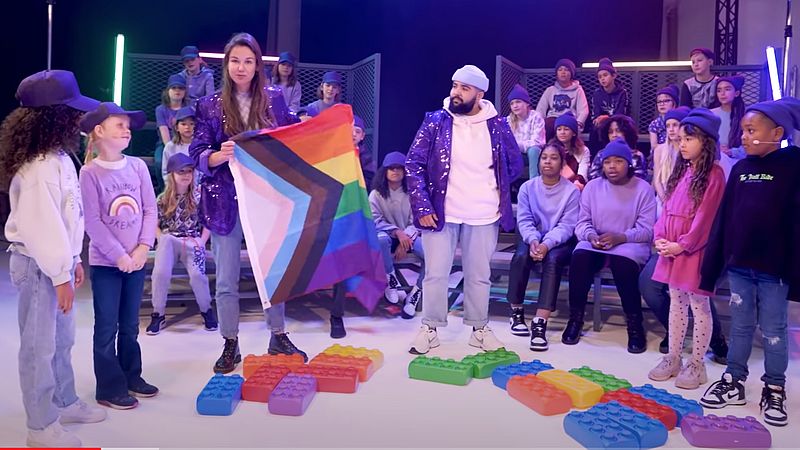



LGBTI obsessie?
“Disney werkt er al honderd jaar aan.”


